When Marvel Comics almost bought DC ... really
Once upon a time, DC almost became an imprint of Marvel Comics. True story
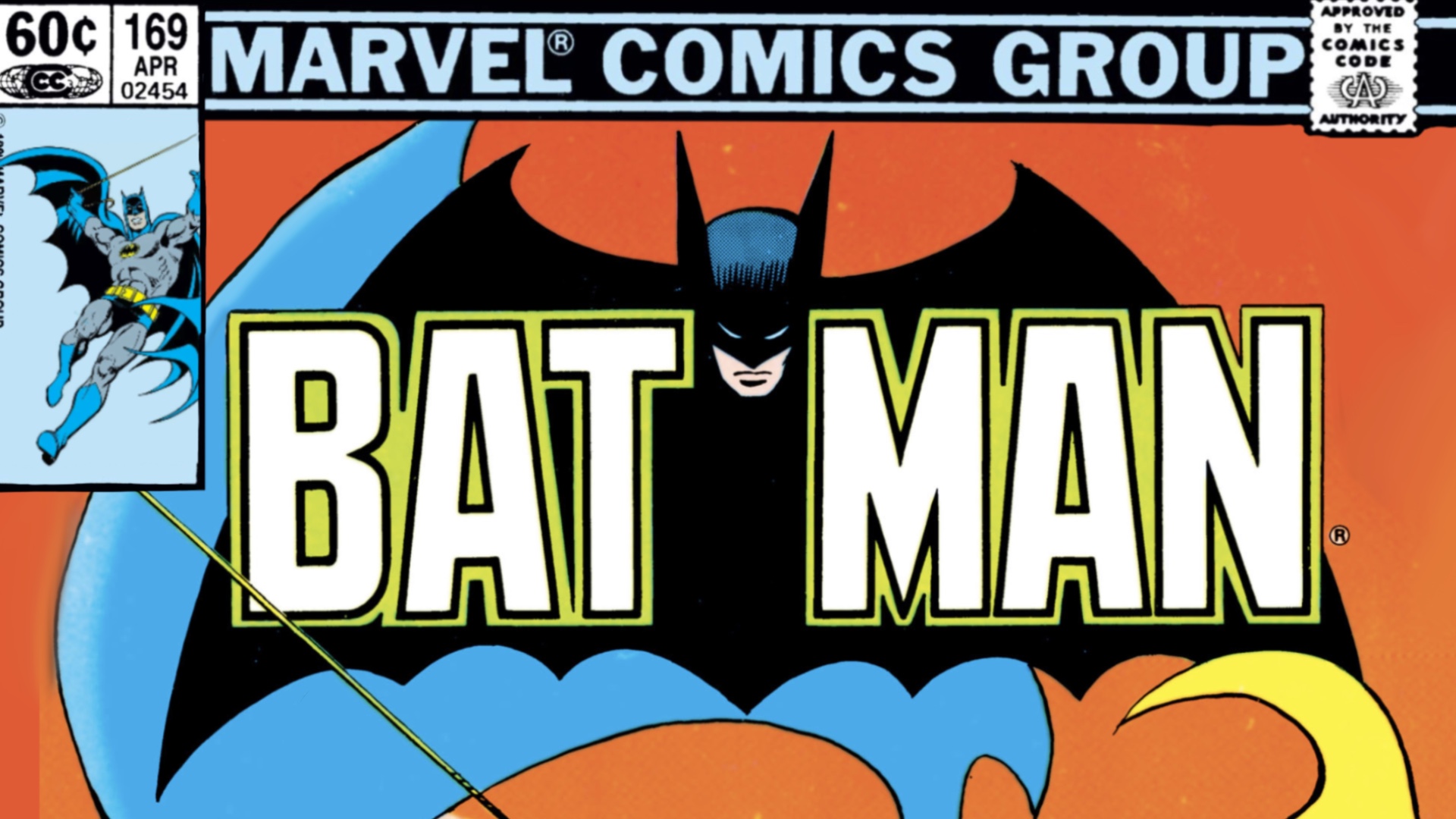
Imagine a version of reality where Batman was one of the Marvel Universe's secret superhero society the Illuminati, or where Superman is the leader of the Avengers in Marvel Comics.
As far-fetched and almost impossible as these ideas feel in today's corporate comic book climate, in some branching timeline of the real-world Multiverse (if such a thing exists) those almost inconceivable ideas have come to fruition.
Because in the real world ... our world ... Marvel Comics almost bought the publishing rights to DC and all its characters way back in the '80s, in a move that would have relaunched the DC Universe as a Marvel imprint.
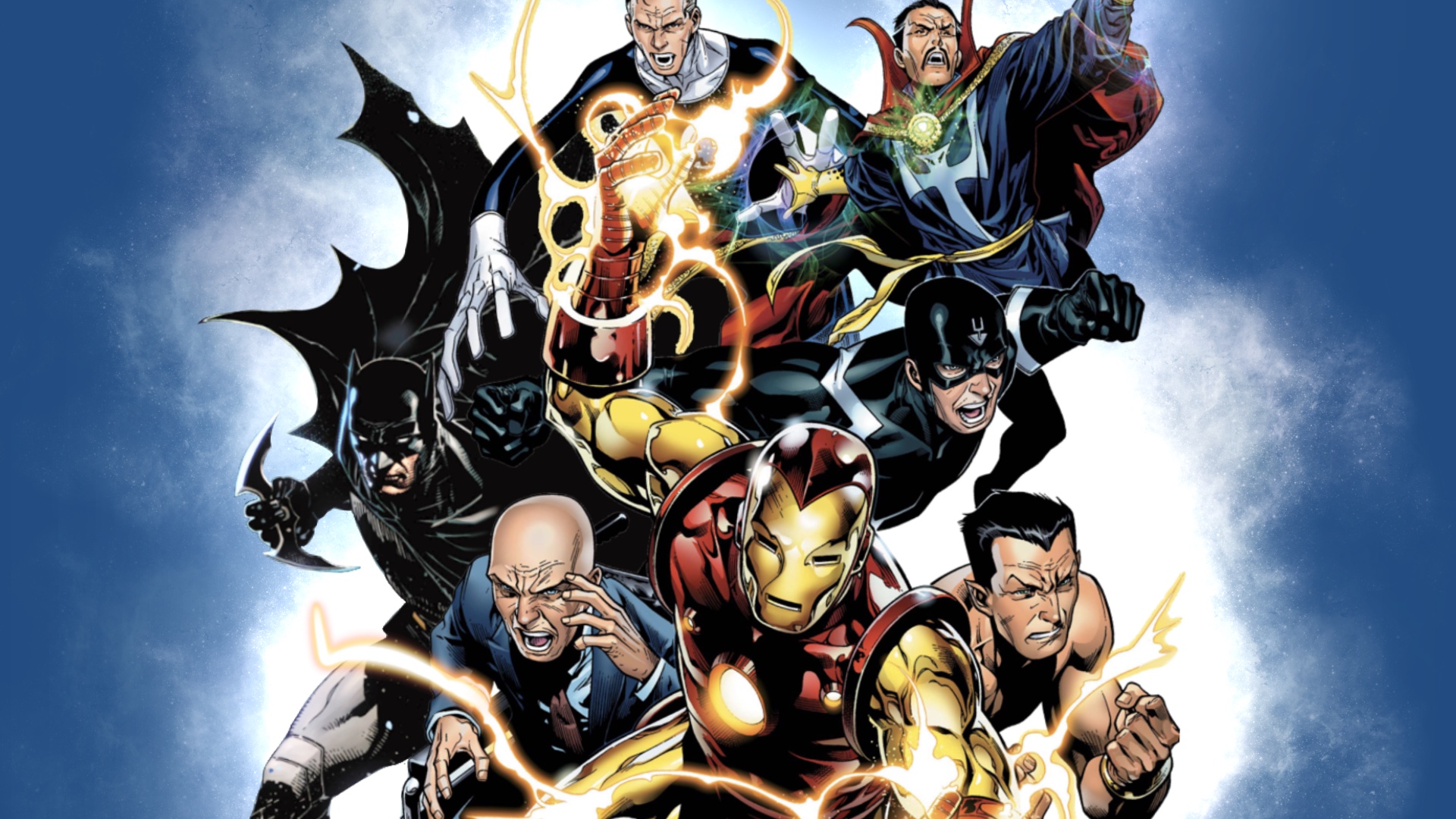
Like it or not (and believe us, some fans really, really dislike it), Marvel Comics has been the leader in mainstream American superhero comics almost without interruption since the Marvel Universe launched in 1962's Fantastic Four #1. DC, the elder statesman of the superhero comics game, has lingered in second place for essentially 60 years. And in the '80s, that competition almost caught up with DC.
DC was hot off an unfortunate run in the '70s in which the publisher massively expanded the number of titles it offered, in what was called the "DC Explosion," only to scale its line back to an even smaller number of titles than it had before in a devastating wave of cancellations dubbed the "DC Implosion," in direct reference to the previous "Explosion" terminology.
By the '80s, DC's comic sales had sunk lower and lower, while Marvel was reaching another heyday of big sales and major mainstream attention.
As such, in 1984, Bill Sarnoff, the Time-Warner executive who had initially purchased DC in the '70s under the Warner Bros.' parent company, reached out to then Marvel Comics editor-in-chief Jim Shooter to inquire whether Marvel Comics would be interested in licensing all of DC's characters, titles, and properties for publication (with Warner Bros. retaining the film and TV rights for the characters).
Get the best comic news, insights, opinions, analysis and more!
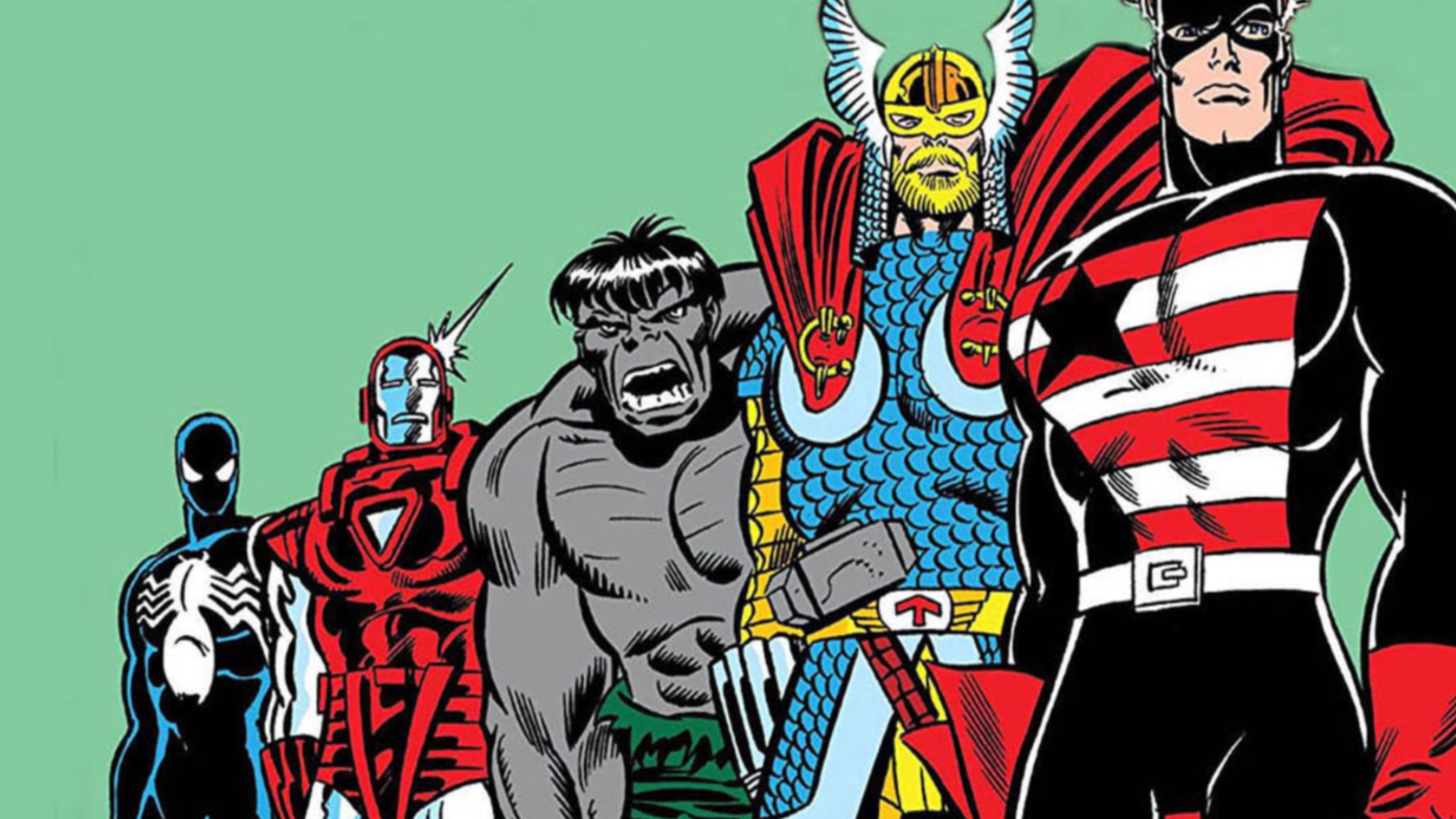
That's quite a turnaround from Marvel's early days using DC's parent company, National, as a distributor for its own superhero comics, in an agreement that limited the number of titles Marvel was allowed to publish to just six.
Shooter recounted the tale of what happened next in 2011 in a blog on his personal website.
"I told him I thought Marvel would be very interested, and that I would discuss it with Marvel’s President, Jim Galton," Shooter's blog recounts.
However, according to Shooter, Galton initially balked at the idea, not entirely understanding the value of characters such as Superman, Batman, Wonder Woman, and the Justice League.
"Trying not to sound too crazed, I explained that they were great characters and that the DC editorial people were, frankly, doing a pretty poor job with them," Shooter's 2011 account states. "And that we could do better. A lot better."
With that, talks reopened between Galton and Sarnoff - with the pair actually reaching an agreement to make the deal happen. The plan to bring DC's entire publishing wing under Marvel Comics' purview got so far that Shooter even created an editorial plan for which titles would kick off the DC-as-Marvel era.
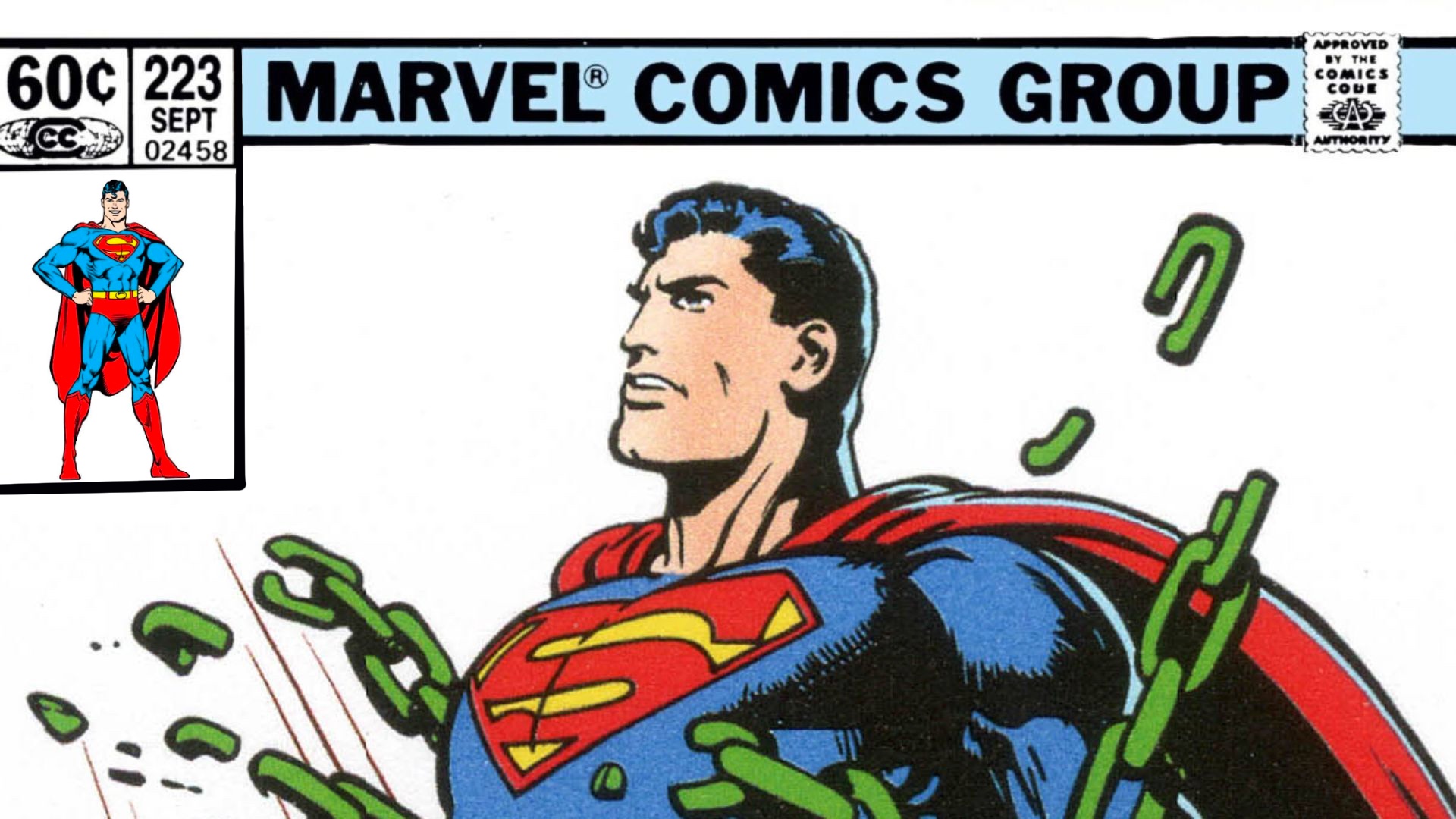
"I decided that we should launch with seven titles and build from there, if all went well. The titles were Superman, Batman, Wonder Woman, Green Lantern, Teen Titans, Justice League, and Legion of Super-Heroes," states Shooter's story of the events.
It's worth noting that Shooter himself got his start in the comic industry as the writer and occasional penciler of Legion of Super-Heroes in 1965 at the age of only 13.
Shooter's 2011 blog post states that he estimated they would sell "39 million copies the first two years," with an estimated "pre-tax profit of roughly $3,500,000…Big money for a comic publisher in 1984."
When news broke of the impending deal, third-party comic publishers, already seeing ever-waning profits in the shadow of the looming 'Big Two' of Marvel and DC, protested the deal.
One publisher, First Comics, went so far as to file an antitrust lawsuit against the Marvel/DC deal with the United States federal government, alleging that the merger of the two companies would constitute a monopoly in the comic publishing industry. Courts eventually agreed, and the deal was quashed.
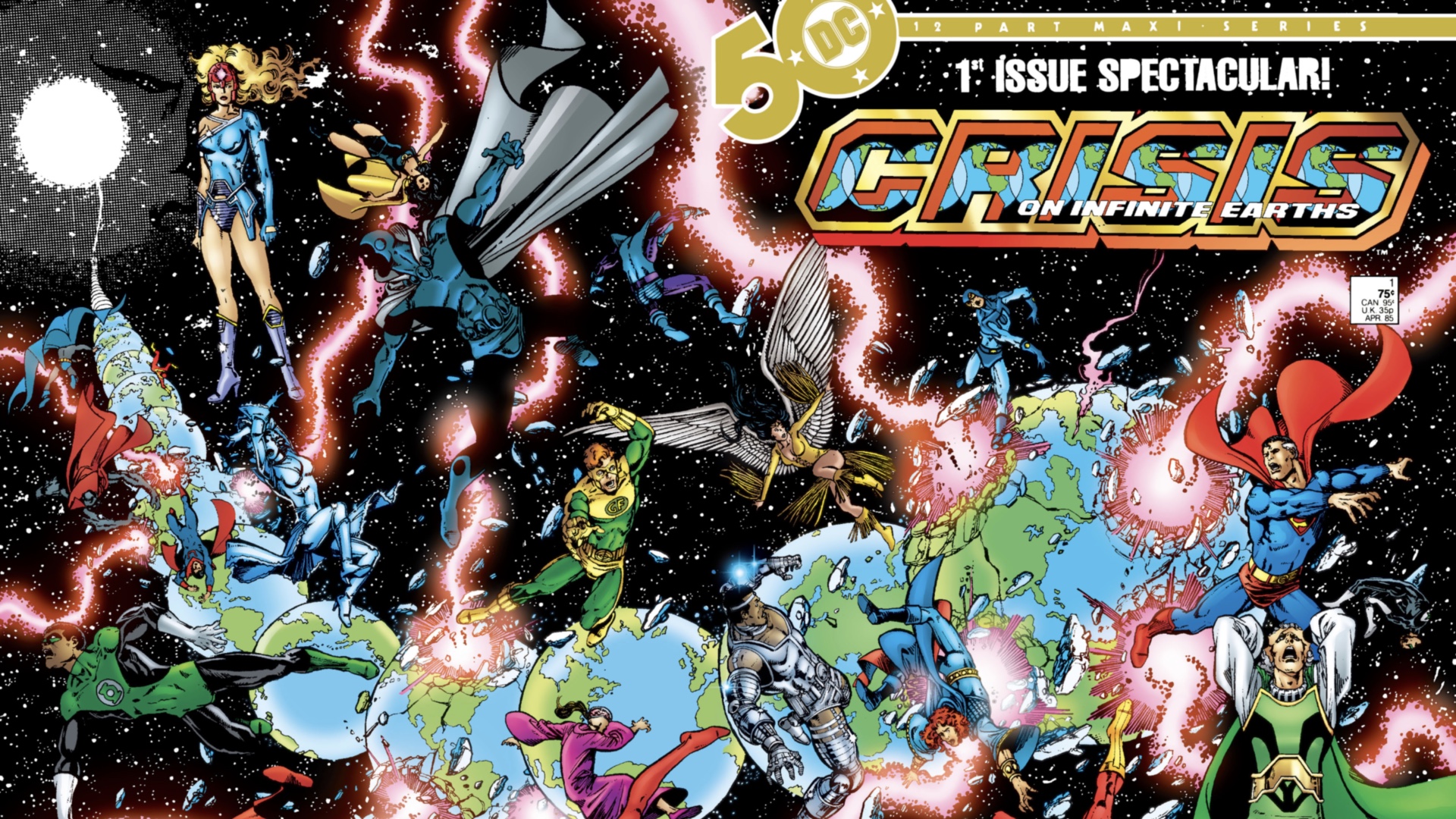
Just a year later, in 1985, DC published Crisis on Infinite Earths, reordering and rebooting its entire comic book continuity, and reaching a renewed surge of sales. And by the end of the '80s, the publisher was once again receiving critical acclaim and even more increased revenue from titles such as Watchmen, The Dark Knight Returns, and The Sandman.
Eventually, though they never merged, Marvel and DC did begin an era of unprecedented crossover throughout the '90s with three volumes of Marvel Vs. DC, and what many fans consider the ultimate DC/Marvel crossover, Kurt Busiek and George Perez's JLA/Avengers.
Since the early '00s however, there's been a greater distance than ever between the 'Big Two' publishers, with scant reprintings of any previous crossovers, and not even rumors of any new official meetings between the heroes of Marvel and DC.
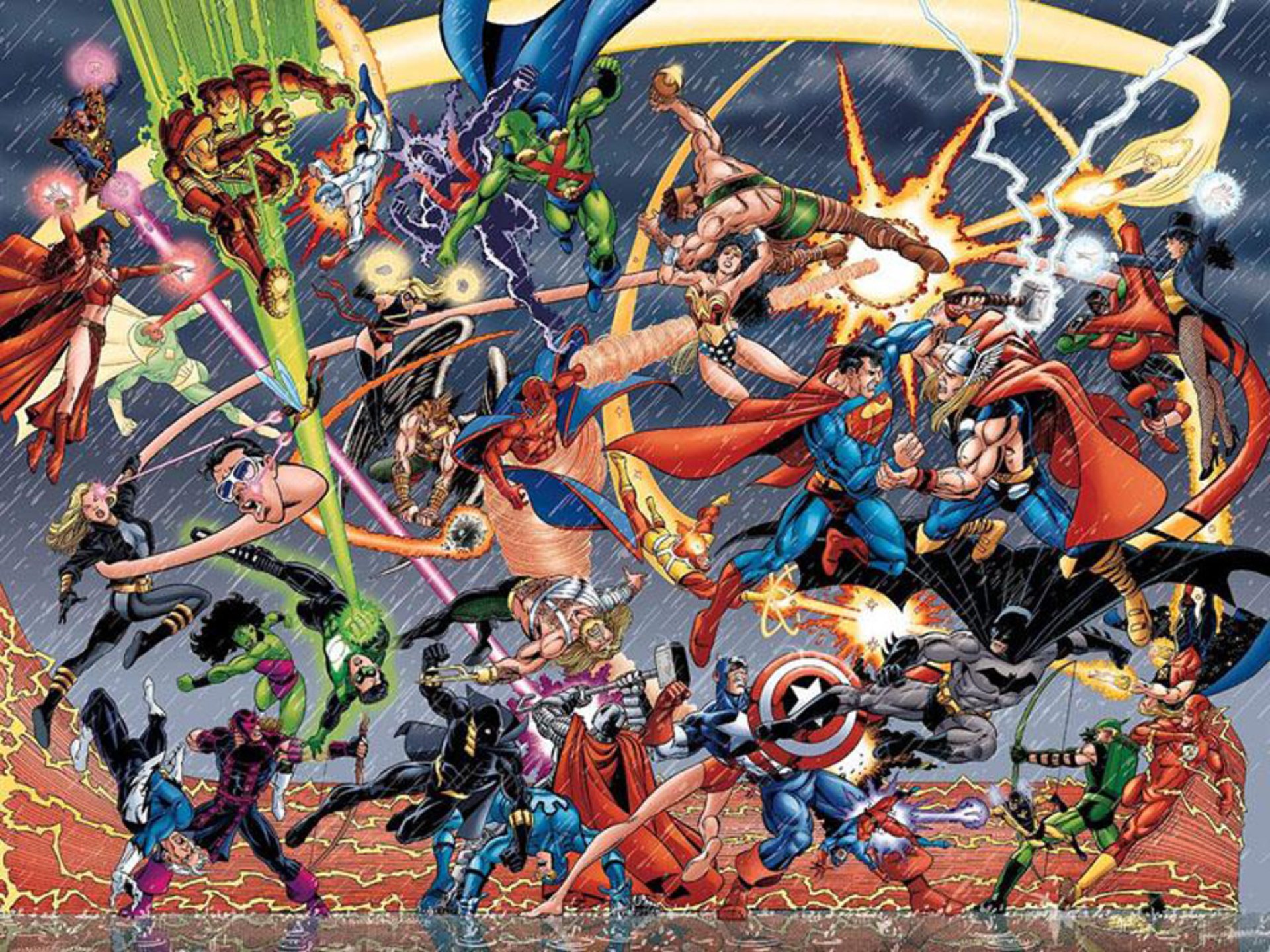
On the other side of the coin, however, Marvel itself was eventually purchased by Disney, who turned the comic book publisher into a multimedia entertainment giant, with its own Marvel Studios films dominating the box office - with Disney even going on to buy 20th Century Fox, one of its biggest rivals in the film industry and the longtime holders of the movie and TV licenses of the X-Men and Fantastic Four.
At the same time, DC remains part of the overall Warner Bros. publishing wing, though Warner's recent merger with Discovery has seen a new kind of "DC Implosion" with numerous canceled and delayed film and TV projects, including a fully filmed Batgirl film that will never be released.
Over the years, some of the best non-Marvel/DC superhero universes of all time have been absorbed by the 'Big Two,' but there are also those that have stood the test of time.
I've been Newsarama's resident Marvel Comics expert and general comic book historian since 2011. I've also been the on-site reporter at most major comic conventions such as Comic-Con International: San Diego, New York Comic Con, and C2E2. Outside of comic journalism, I am the artist of many weird pictures, and the guitarist of many heavy riffs. (They/Them)



